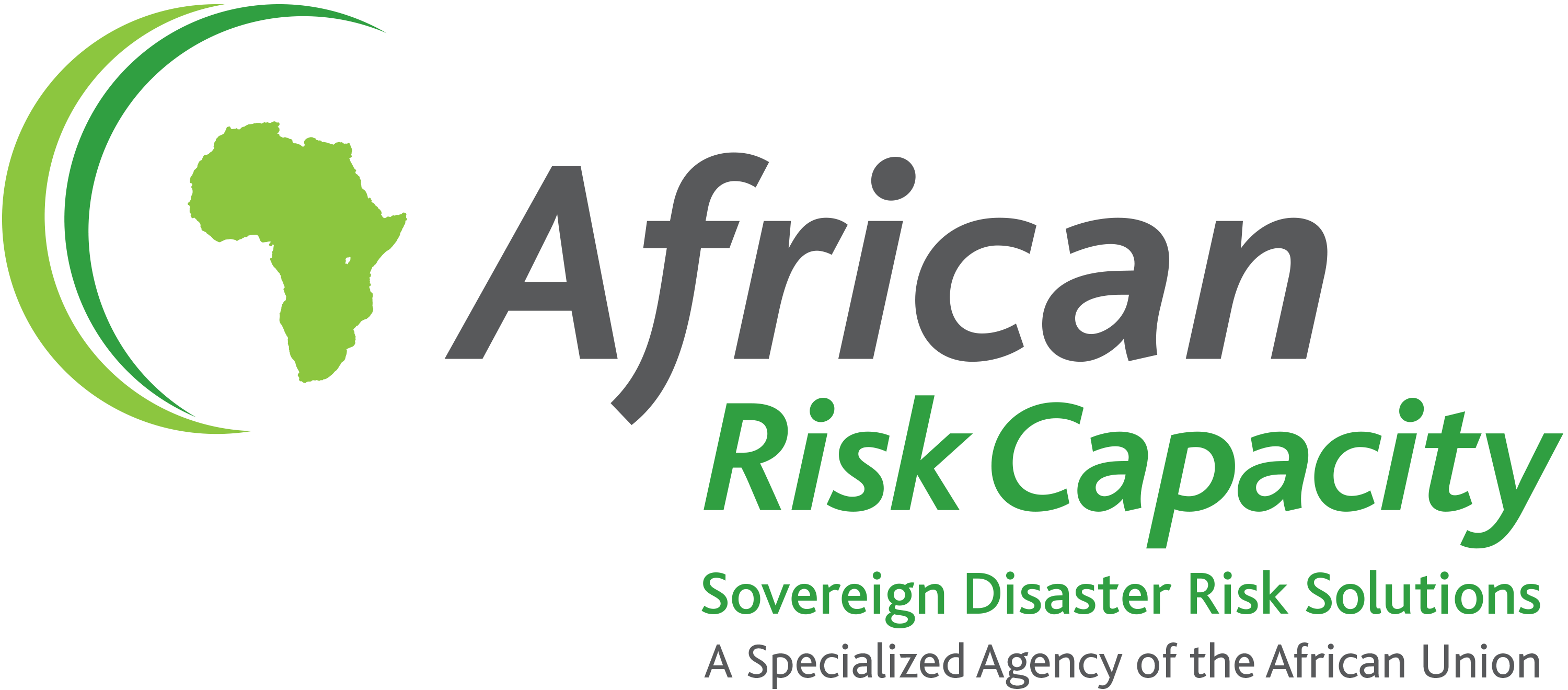Fitch Ratings has assigned African Risk Capacity Insurance Company Limited (ARC) an Insurer Financial Strength (IFS) Rating of ‘BBB+’ and a Long-Term Issuer Default Rating (IDR) of ‘BBB’. The rating outlook is ‘Stable’.
Fitch says that the ratings reflect the commitment and credit quality of ARC’s sponsors, as well as the company’s somewhat weak business profile, very strong capitalisation and leverage, and somewhat weak financial performance and earnings.
ARC is sponsored by the UK Department for International Development (DFID) and the German development bank KfW. Fitch’s assessment of these sponsors’ willingness and ability to support ARC results in a one-notch uplift to its standalone credit profile.
In addition to their capital contributions, Fitch believes DFID and KfW provide support to the company that is positive to the credit rating through governance and strategic input, while also facilitating sovereign participation in the business through premium subsidy schemes. Fitch regards the capital provided by DFID and KfW at ARC’s inception as also fully loss-absorbing and we expect further support could be made available if ARC continues to achieve its development goals.
Fitch scores ARC’s business profile ‘bb+’ (somewhat weak) under its credit factor scoring guidelines. This reflects ARC’s small size and specialised nature as a Bermuda-based insurer underwriting short-tail non-life risks in Africa. At end-2019 the company reported gross written premiums (GWP) of just $16m, shareholders’ funds of $18m and total assets of $91m.
Business profile
ARC’s portfolio diversification is limited as the company currently offers a single parametric insurance product covering drought risk, says Fitch. Geographic diversification is moderate with the 2019/2020 risk pool covering only 12 African Union member states out of a possible 34, with the number of members having been volatile in prior years.
Fitch expects ARC’s business profile to improve through increased diversification as more countries sign up to the ARC project attracted by a broader range of products.
Capital position
Fitch views ARC’s capital position as very strong, and a key strength for the rating. The company benefits from the treatment of its $67m of Class C members’ returnable capital as Tier 1 capital under the Bermudan solvency regime, and as equity capital under Fitch’s Prism Factor-Based Capital Model (Prism FBM). As a result, ARC reported a Bermudan enhanced capital requirement (ECR) ratio of nearly 2,500% at 31 March 2020, while the company’s score on Fitch’s Prism FBM was “Extremely Strong” at end-2019.
Fitch expects ARC’s capital position to deteriorate slightly in the medium term as the company grows its risk exposure, but to remain very strong. Fitch also treats ARC’s Class C members’ returnable capital as equity capital when assessing the company’s leverage. As a result, ARC’s Fitch-calculated financial leverage ratio (FLR) was nil at end-2019.
Fitch assesses ARC’s financial performance and earnings as somewhat weak. The company reported a five-year average net income return on equity (ROE) of 1%, with large losses experienced in 2018 and 2019. ARC’s Fitch-calculated combined ratio was 244% in 2019, well above the five-year average of 147%. The significant weakening was due to large claims that were not covered under the company’s reinsurance arrangements, due to an elevated attachment point.
ARC was established to be managed on a commercial basis and achieves modest profits, but this remains secondary to the company’s development goals. Fitch does not expect ARC to report high earnings but at the same time the long-term sustainability and hence the credit profile of the business could be uncertain should the company continue to experience significant losses as reported in 2018 and 2019.
Fitch assesses ARC’s reinsurance and risk mitigation as ‘good’. Fitch believes some risk tolerance is inherent in the company’s underwriting practices as development goals are prioritised over underwriting margins. However, ARC’s record with effective reinsurance arrangements is unproven. The company’s losses in 2019 can be attributed to an elevated attachment point, the amount above which the company’s reinsurance would cover a given claim, on its excess of loss reinsurance programme. ARC now makes use of 50% quota-share and stop-loss reinsurance arrangements, which Fitch expects to provide better risk mitigation than in previous years.
The rating actions are based on Fitch’s current assessment of the impact of the COVID-19 pandemic, including its economic impact, under a set of rating assumptions.














